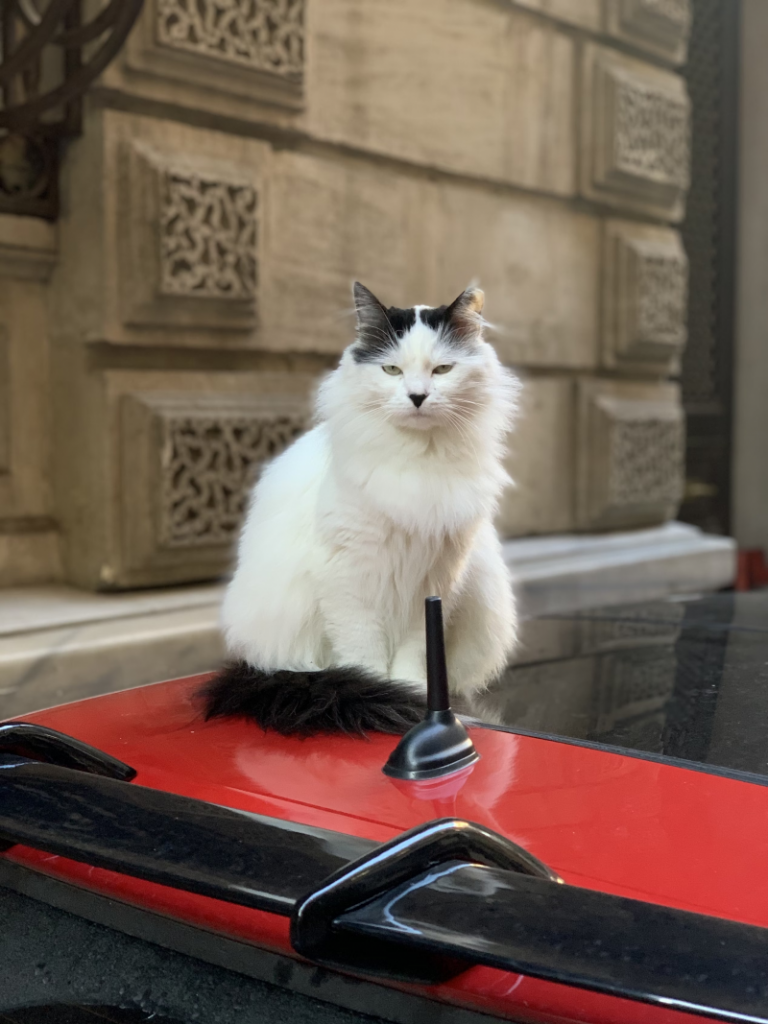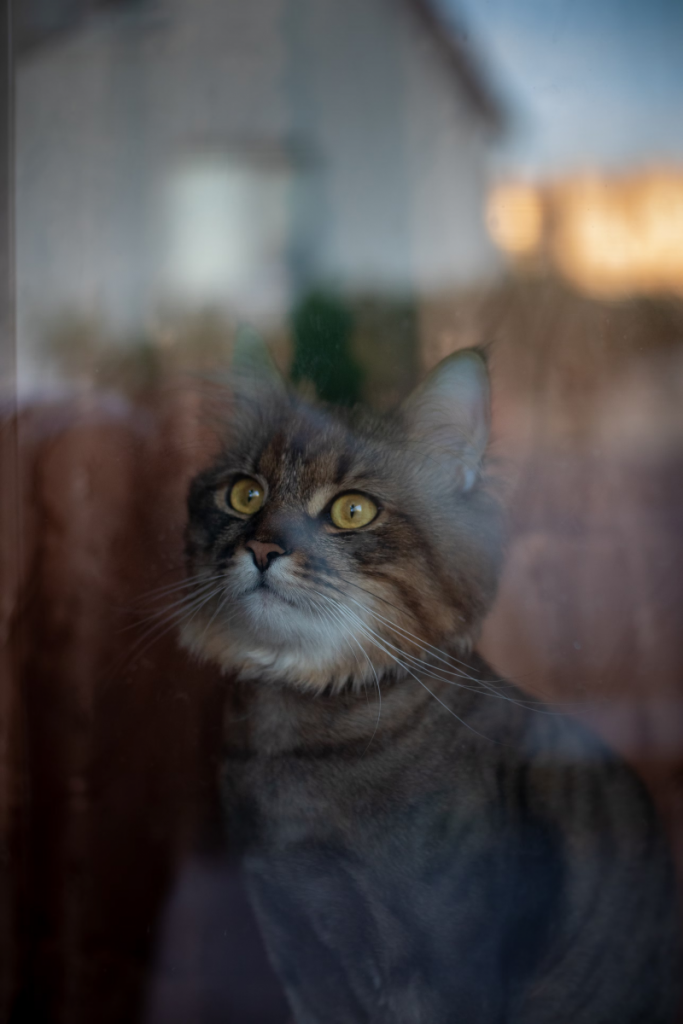Turkish Angoras are known for their graceful appearance and playful nature. With their long, silky fur and bright eyes, they captivate the hearts of cat lovers around the world. However, like any pet, understanding their lifespan and potential health concerns is crucial to ensuring they live long, healthy lives. In this article, we’ll explore how long Turkish Angoras typically live and what health issues they might face, giving you the tools to care for them better.
How Long Do Turkish Angoras Live
The average lifespan of a Turkish Angora is between 12 and 18 years, though some cats can live even longer with proper care. Several factors influence their longevity:
- Genetics: A well-bred Turkish Angora is likely to live a longer life. If they come from a lineage with few health problems, they may reach the higher end of the lifespan range.
- Diet and Exercise: Like all cats, Turkish Angoras need a balanced diet and regular physical activity to stay healthy. Poor diet and lack of exercise can shorten their lifespan.
- Care and Environment: Regular veterinary check-ups and a stress-free environment contribute to their overall well-being.

Turkish Angoras’ Lifespan Compared to Other Cat Breeds
When comparing the lifespan of Turkish Angoras to other popular cat breeds, they fall into the higher end of the spectrum. For instance, the Persian, another long-haired breed, has an average lifespan of 10 to 15 years, slightly shorter than the Turkish Angora. Maine Coons, on the other hand, also tend to live around 12 to 15 years. Turkish Angoras’ relative longevity can be attributed to their generally robust health and active lifestyle.
Do Turkish Angoras Have Health Problems
Like all cat breeds, Turkish Angoras are prone to specific health conditions that owners should monitor. A significant concern is Hypertrophic Cardiomyopathy (HCM), a hereditary heart condition that thickens the heart walls, making it difficult to pump blood. Symptoms may include lethargy, difficulty breathing, or sudden collapse.
Additionally, white-coated Turkish Angoras with blue eyes are particularly at risk for congenital deafness. While this doesn’t hinder their overall health, it necessitates extra care to keep them safe from potential dangers they might not hear.
Turkish Angoras may also experience minor health issues as they age, such as arthritis, especially if they become overweight. Dental problems can arise from poor oral hygiene, leading to gum disease. Finally, an inactive lifestyle combined with overeating can result in obesity, further complicating their health. Being aware of these potential issues is essential for providing the best care for your Turkish Angora.

Tips for Maximizing Your Turkish Angora’s Lifespan
To ensure your Turkish Angora lives a long, healthy life, here are some tips:
- Provide a balanced diet: Opt for high-quality cat food with the right balance of proteins, fats, and carbohydrates. Avoid overfeeding to prevent obesity.
- Encourage regular exercise: Turkish Angoras are naturally active cats. Engage them with interactive toys, climbing trees, and spaces where they can explore.
- Routine vet visits: Regular check-ups will help catch any health issues early, especially heart conditions like HCM. Keeping up with vaccinations and flea treatments is essential.
- Grooming and hygiene: Turkish Angoras require regular grooming to maintain their long fur, preventing matting and skin infections. Brush their teeth regularly to avoid dental problems.
How to Spot Early Signs of Health Problems
Recognizing early signs of illness in your Turkish Angora can significantly improve their quality of life. Common symptoms to watch for include lethargy or a noticeable reduction in energy, difficulty breathing or wheezing, sudden changes in weight—whether loss or gain—and unusual shifts in appetite. You might also observe limping or trouble with jumping, which can indicate joint issues or other physical discomforts. If you notice any of these signs, it’s important to consult a veterinarian promptly, as early detection often leads to better health outcomes.

Turkish Angoras, with their elegance and charm, can live long, fulfilling lives, often reaching 12 to 18 years of age. While they are generally healthy cats, they can face some common health issues like heart conditions and deafness, particularly in white-coated cats. By providing them with a nutritious diet, plenty of exercise, and regular medical check-ups, you can help maximize their lifespan and ensure they remain happy and healthy companions.
Taking care of a Turkish Angora requires commitment, but the reward is a loving, loyal pet that will bring joy to your life for many years.




